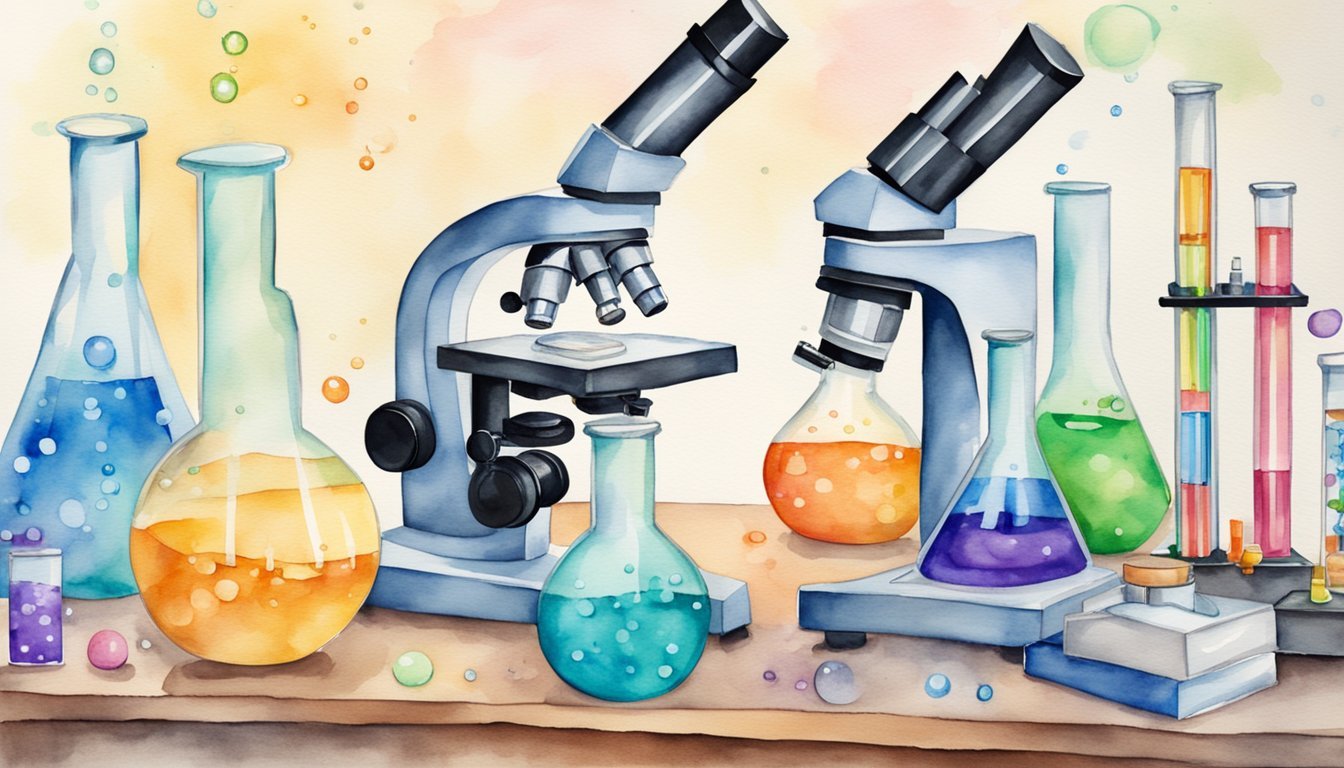Fundamentals of Science for Kids

Exploring the fundamentals of science opens a world of wonder for children, presenting them with a unique opportunity to understand how things work through engaging resources and interactive methods. This section aims to provide kids with an introduction to scientific concepts and practical activities that are both educational and enjoyable.
Introduction to Scientific Concepts
Young learners are naturally curious, and introducing them to basic scientific concepts lays the groundwork for a lifelong interest in science. Engaging science videos for kids provide a visually appealing way for children to learn about various topics such as the laws of physics, the animal kingdom, and the complexities of ecosystems. Starting with simple explanations and fun facts, these resources turn abstract ideas into tangible understanding.
Science Experiments at Home
Science experiments don’t have to be conducted in high-tech labs; there’s much to learn from doing them right at home. Whether it’s creating a vinegar and baking soda volcano or a homemade magnet, home-based science activities allow kids to witness science firsthand. Parents and teachers can find experiments that align with educational standards, making science both accessible and applicable.
Educational Science Games
Turn playtime into learning time with educational science games that make complex subjects approachable. Kids can build upon their scientific knowledge through games that cover a broad range of topics. From puzzles that teach about the solar system to trivia that shares weird but true science facts, these interactive games are a valuable resource for both students and teachers.
Interactive Learning Resources
In the digital age, an array of interactive learning resources allows for immersive educational experiences. Online platforms offer virtual field trips, instructional videos that model scientific processes, and interactive simulations. Students can explore the depths of the ocean or the far reaches of space with a click of a button, embarking on a journey of scientific exploration that is as entertaining as it is educational. Teachers can utilize these tools to bring abstract scientific concepts to life, thereby enhancing the curriculum and keeping students engaged.
Science-Themed Adventure and Exploration
Introducing children to science through dynamic and engaging content can create early interest and set foundations for lifelong curiosity. Science-themed adventures in video format can be both educational and entertaining, offering young minds a way to explore the world around them.
Space Exploration for Young Astronomers
For the aspiring young astronomers, videos focusing on space exploration present the solar system’s wonders in a comprehensible and exciting way. They can learn about the impact of gravity on celestial bodies and watch real-life experiments that mirror the challenges faced by scientists and astronauts. Space-themed videos often combine visuals of the cosmos with hands-on activities that children can replicate at home, such as building a model rover or creating a scale solar system.
Wildlife and Environmental Awareness
Children’s videos capturing the beauty and complexity of wildlife and ecosystems foster environmental awareness from an early age. Series like “Nature Boom Time” videos bring kids closer to diverse habitats and the animals that inhabit them. The “Kids vs. Plastic” campaign educates young viewers about the environmental challenges posed by plastics and encourages actions to reduce waste. Such content supports the growth of informed young citizens who are conscious of their relationship with nature.
Science and History
Understanding the past is crucial for scientific literacy. Videos such as “Video: 50 Birds, 50 States” cleverly combine history and science, engaging children in a journey across America to see both the natural world and historical landmarks. This blending of subjects helps kids grasp how science has been integral to historical developments and how history continues to shape scientific explorations.
Global Science Adventures
Adventurous science videos take young viewers around the world without leaving their classrooms or living rooms. “Destination World” and “You Wanna Be a What?!” are examples of series that showcase global sciences—geology, biology, anthropology—in different cultures and locales. These videos expand children’s horizons, introduce them to a variety of scientific careers, and stimulate interest in international scientific cooperation and discovery. Through global science adventures, children learn that science is a universal language spoken across the world.

